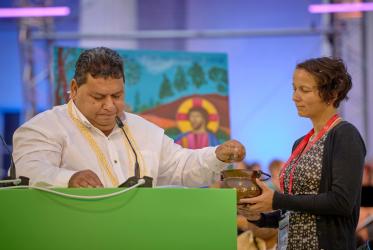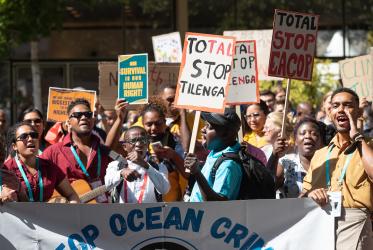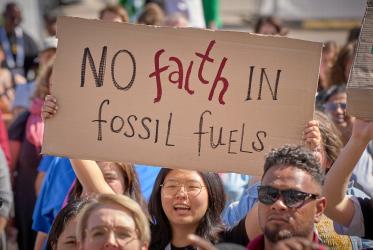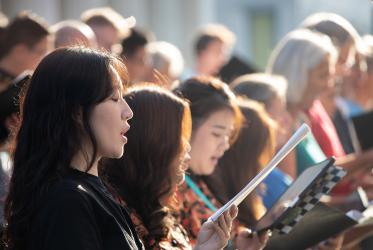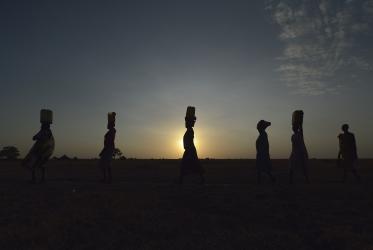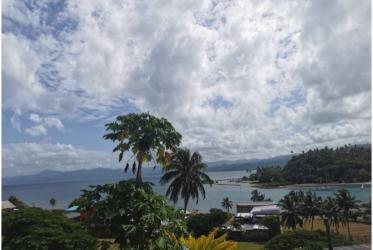Displaying 61 - 80 of 120
Indigenous women struggle for identity in Asia and beyond
05 September 2022
Multifaith advocacy for the climate: Not really much time left
04 September 2022
Youth demand climate justice
03 September 2022
God’s Creation is celebrated in a gathering of waters
01 September 2022
Care for Creation: Decades of ecumenical advocacy
01 September 2022
Women with disabilities want to belong in churches
31 August 2022
Called to Transformation - Ecumenical Diakonia
09 June 2022
